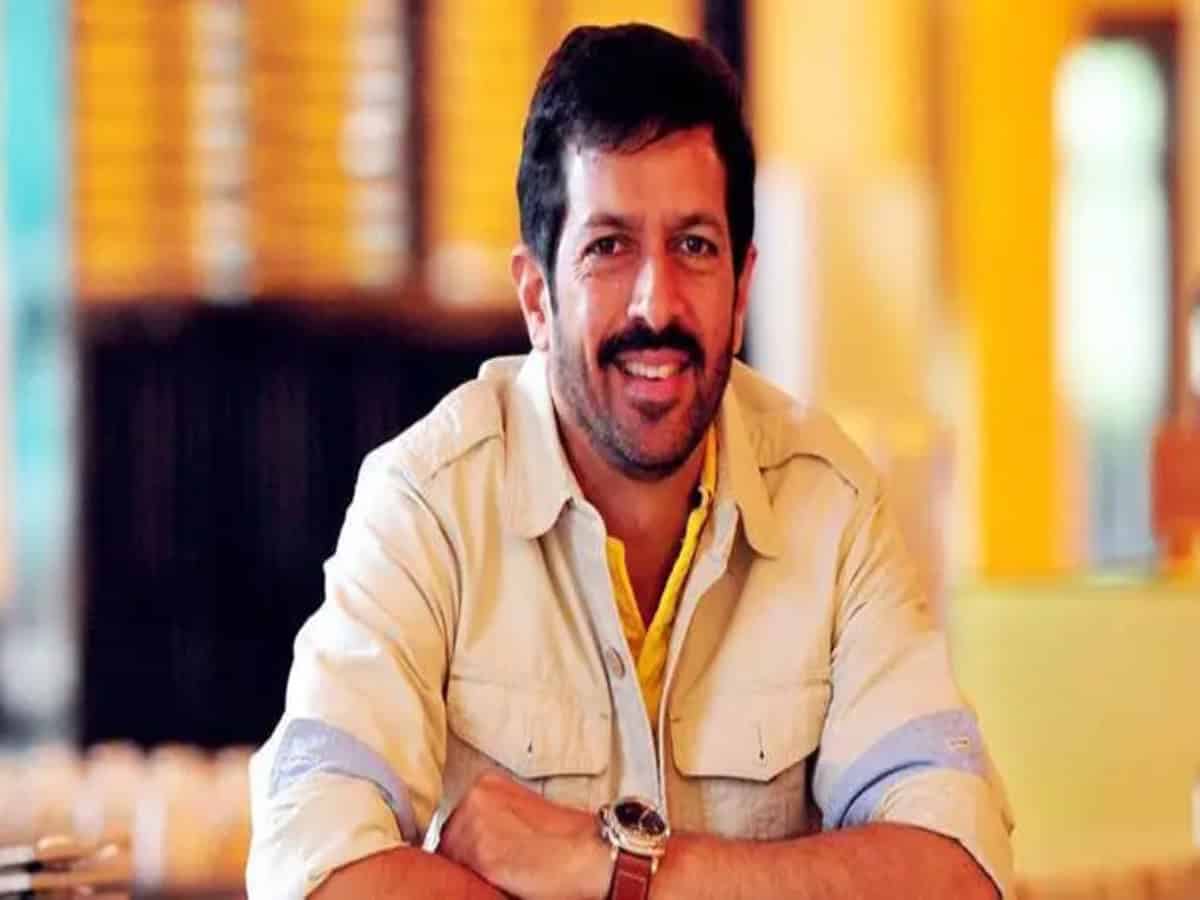
New Delhi: After chatter about Kabir Khan dropping hints about the Salman Khan-starrer “Bajrangi Bhaijaan” sequel started doing the rounds, the filmmaker said that every blockbuster does not need a sequel.
He strongly believes a sequel should only be made if a worthy story is found and is worth taking it forward.
Asked if he feels that every blockbuster needs a sequel, Kabir told IANS: “Not at all. I am the first person to say that every blockbuster does not need a sequel. That is why I have not made sequels in my life.”
The filmmaker said that he has been told several times to make sequels of his popular films.
“Everytime I have had a successful film, people have said ‘sequel bana lo’. They told me after ‘New York’, ‘Tiger’, and ‘Bajrangi Bhaijaan’, but I have never made it. So, I am the first one to say that just because a film is successful, a sequel shouldn’t be made.”
“A sequel should only be made if you truly find a story worthy of taking that story forward.”
Kabir said that he never said that he is “working on the ‘Bajrangi Bhaijaan’ sequel.”
“All I have said is, Yes, maybe.. Sometimes a good script comes up that is worthy of becoming a ‘Bajrangi’ sequel. Then I would love to do it. But not only because it is one of the most successful films in the industry; therefore, it needs a sequel. No,” he shared.
“Bajrangi Bhaijaan,” which was released in 2015, is currently the seventh highest-grossing Indian film and fourth highest-grossing Hindi film.
The film, which also stars debutante Harshaali Malhotra, Kareena Kapoor Khan, and Nawazuddin Siddiqui, tells the story of Lord Hanuman, who embarks on a journey to take a mute six-year-old Pakistani Muslim girl separated in India from her mother, back to her hometown.
Kabir shared the best director award for “Chandu Champion” with Nithilan Swaminathan at the 2024 edition of the Indian Film Festival of Melbourne (IFFM) recently.
Talking about the honour, he said: “Any award is a validation for your work and appreciation of your work by other professionals, audiences of the film, and in the case of an international festival like the IFFM, the kind of credibility of the award is very high because the jury is made up of people not from the Indian film industry but from outside of the Indian film industry, and that just makes the credibility higher.”
“They are only judging you on the quality of the film. Unfortunately, a lot of awards back home have become like TV shows. We all know how that credibility has suffered. So, it feels a little fulfilling and satisfying when you get an award for your film from a completely international jury.”
